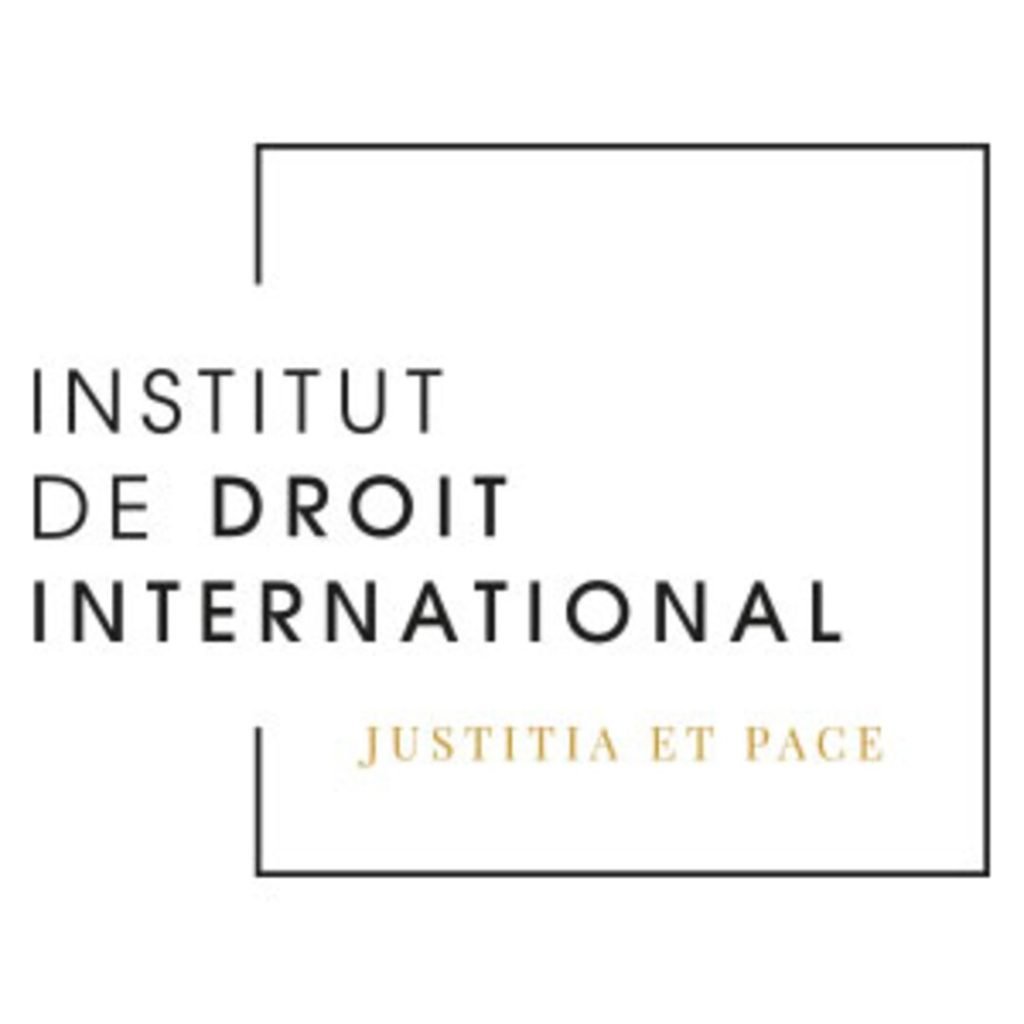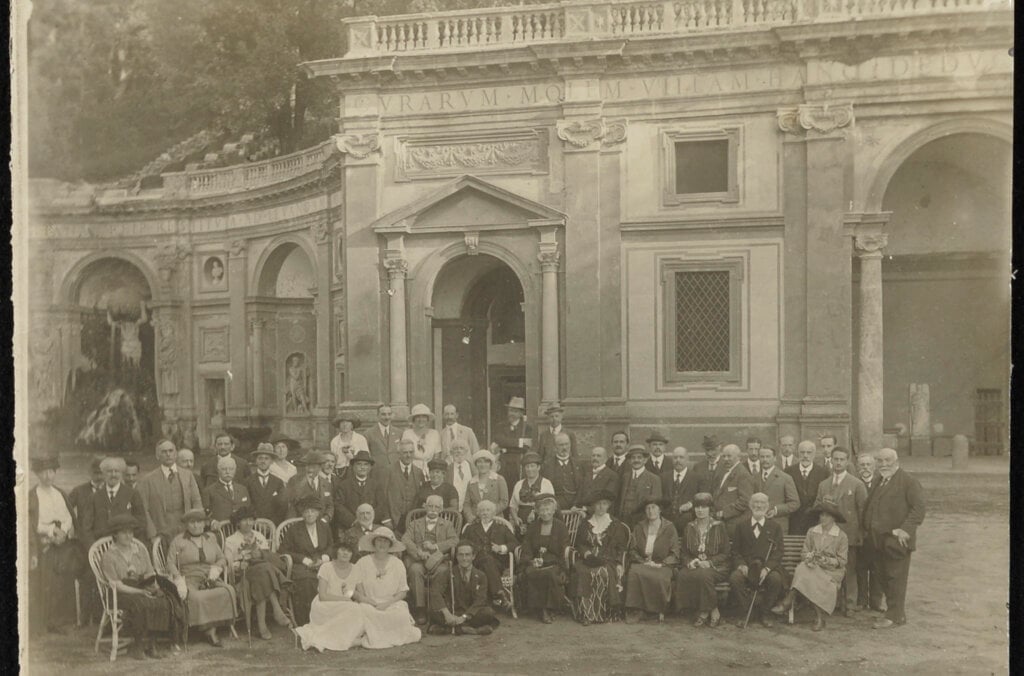Institute of International Law
Speed read
Institut de Droit International was awarded the Nobel Peace Prize for its striving to develop peaceful ties between nations through public law and to make the laws of war more humane.

Full name: Institute of International Law
Native name: Institut de droit international
Founded: 1873 in Ghent, Belgium
Date awarded: 10 December 1904
Justitia et pace
“Justitia et pace” – “Justice and Peace” – is the maxim of this private organisation of law experts. Founded in 1873, the institute was designed to serve as a world authority on international law. Today it continues to seek the application of international law – as opposed to war and violence – as the basis for relations between sovereign nations. In 1904 the Institute of International Law was lauded for its efforts to promote international arbitration and convince states to accept codification of the rules of war. The Institute was also given credit for the introduction of the arbitration provisions adopted by the Hague Peace Conference in 1899. Both the League of Nations and the United Nations have benefited from the institute’s activities. The Institute of International Law headquarters is always located at the residence of the secretary-general. In 2003 it was in Gretz-Dioceau, Belgium.
| The Hague Peace Conferences Conferences held in 1899 and 1907 with the aim of achieving peaceful solutions to international disputes, primarily by arbitration and the establishment of an international court of justice. |
"The Institute has succeeded in gathering under its auspices men who exercise great authority and influence with respect to their nations, and who thus are able to promote the Institute’s stated objectives within their countries."
Christian Lous Lange, Nobel Committee Secretary, Report, 1903.
A favourable climate for international law
The 1870s provided fertile soil for new ideas. Free trade flourished throughout Europe, breaking down old barriers. The Geneva Convention (1864) served as a catalyst for international cooperation. Italy and Germany had recently become unified nations after bloody wars. The American Civil War had abolished slavery, and the US was emerging as a world power. New means of communication – railways, steamships and telegraph – made it easier to organise effective meetings and conferences.
"Justice and Peace"
The maxim of the Institute of International Law.
Pioneers in international law
Belgian lawyer Gustave Rolin-Jacquemyns, the driving force behind the Institute of International Law, worked closely with Dutch lawyer Tobias Asser (1911 peace prize laureate) and British jurist John Westlake. Beginning in 1868, they published a journal on international law, heightening awareness of the need to strengthen the international legal code. In 1873 Rolin-Jacquemyns brought together 11 prominent members of the legal community from nine countries: Argentina, Belgium, France, Germany, Great Britain, Netherlands, Switzerland, Russia, and the USA. Together, these pioneers founded the Institute of International Law.

A living institute
The Institute of International Law’s resolutions are recommendations that can clarify international law and make it more binding. Over the last century, many of them have been of great use to various national assemblies and governments, to the League of Nations in the years between WWI and WWII and to the United Nations after 1945. Examples are resolutions concerning international trade, maritime law and traffic on the world’s oceans and seas, war crimes and pollution. Three of the Institute of International Law’s sessions were arranged in the capital of Norway (1912, 1932 and 1977). The 75th session was held in Greece in 2011.
| Free trade Trade in goods across national borders without adding fees/duties that increase costs. The early peace movement believed that free trade promoted peace because it merged the economies of various states, making war detrimental to the interests of all parties. |
Learn more
Read the Nobel Lecture delivered on behalf of the Institute of International Law.
Disclaimer: Every effort has been made by the publisher to credit organisations and individuals with regard to the supply of photographs. Please notify the publishers regarding corrections.
Nobel Prizes and laureates
Six prizes were awarded for achievements that have conferred the greatest benefit to humankind. The 12 laureates' work and discoveries range from proteins' structures and machine learning to fighting for a world free of nuclear weapons.
See them all presented here.
